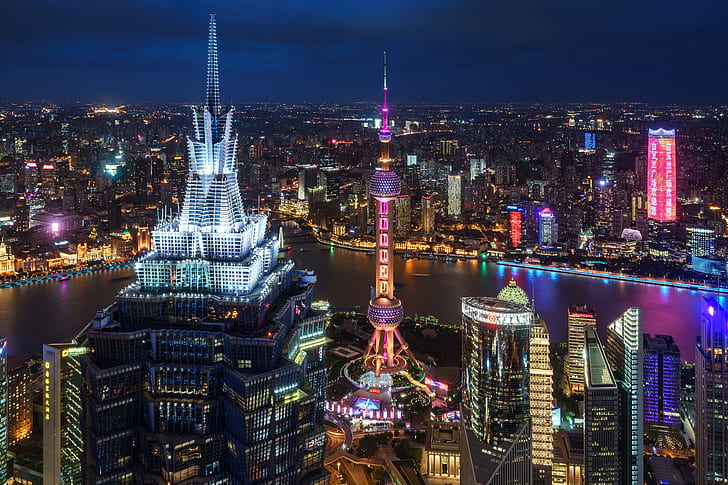China has ramped up fiscal policies to support the development of businesses and bolster the real economy this year, official data showed.
Newly implemented tax refunds, as well as tax and fee cuts and deferrals, amounted to 1.05 trillion yuan (about 145.86 billion U.S. dollars) in the first seven months of 2023, Luo Tianshu, an official of the State Taxation Administration, told a press conference on Thursday.
Tax cuts can increase disposable income, which can lead to increased consumption and investment.
Tax cuts can stimulate economic growth by encouraging businesses to invest and expand.
Tax cuts can create jobs by increasing demand for goods and services.
Tax cuts can reduce the size of government by reducing the amount of revenue that the government collects.
An array of favorable measures have been rolled out to help enterprises weather difficulties. Preferential tax policies for micro and small firms and self-employed households have been extended to the end of 2027, and more corporate spending in research and development has become tax-deductible.
Vice-minister of finance Wang Dongwei said at the press conference that technological innovation, the real economy, and micro, small and medium-sized enterprises, in particular, have received strong policy support.
From the exemption of value-added tax for small-scale taxpayers to the expansion of halved individual income tax rate to include more self-employed households, these policies have proven to be targeted and effective, Wang said.
Tax authorities will intensify efforts to better promote the favorable tax policies to ensure businesses can genuinely receive the benefits, according to Luo.
Chinese Premier Li Qiang said here Thursday that the world should jointly resist the practice of overstretching the concept of security and politicizing economic issues.
Li made the remarks when meeting with United Nations (UN) Secretary-General Antonio Guterres on the sidelines of the leaders’ meetings on East Asia cooperation held in Jakarta, namely the 26th China-ASEAN Summit, the 26th ASEAN Plus Three Summit and the 18th East Asia Summit.
The current international landscape is marked by change and disorder, and the grimmer the situation is, the more the international community needs to unite and work together to meet the challenges, said the Chinese premier.
Li called on the international community to adopt the vision of common, comprehensive, cooperative and sustainable security, and uphold the philosophy of open and inclusive development.
Li said it is important to step up the reform of the global economic governance system and effectively increase the representation and voice of developing countries in international financial institutions.
The Chinese premier urged the international community to actively yet prudently address the debt issue of developing countries based on the principle of joint action and fair burden-sharing.
The international community should stick to the United Nations Framework Convention on Climate Change and the Paris Agreement, and steadily advance international cooperation on climate change in accordance with the principle of common but differentiated responsibilities, said Li.
Li pointed out that this year marks the 10th anniversary of the vision of building a community with a shared future for mankind and the Belt and Road Initiative, proposed by Chinese President Xi Jinping.
In recent years, the Chinese president has successively put forward the Global Development Initiative, the Global Security Initiative, and the Global Civilization Initiative, providing Chinese solutions for global development and governance, Li said.
Li noted that China will continue to firmly support the UN in playing a central role in international affairs, and is ready to work with the UN to promote the building of a community with a shared future for mankind.
In the face of various challenges, Guterres said, countries should unite as one, enhance mutual trust, prevent the fragmentation of the world economy, and jointly cope with global challenges.
Noting that China plays an important role in advancing global agenda, the UN secretary-general said the UN is ready to strengthen dialogue and cooperation with China, promote reform of the international economic governance system, help developing countries obtain sufficient resources to meet challenges such as food security, public health and climate change, and contribute to the implementation of the 2030 Agenda for Sustainable Development.
Shayne Heffernan









